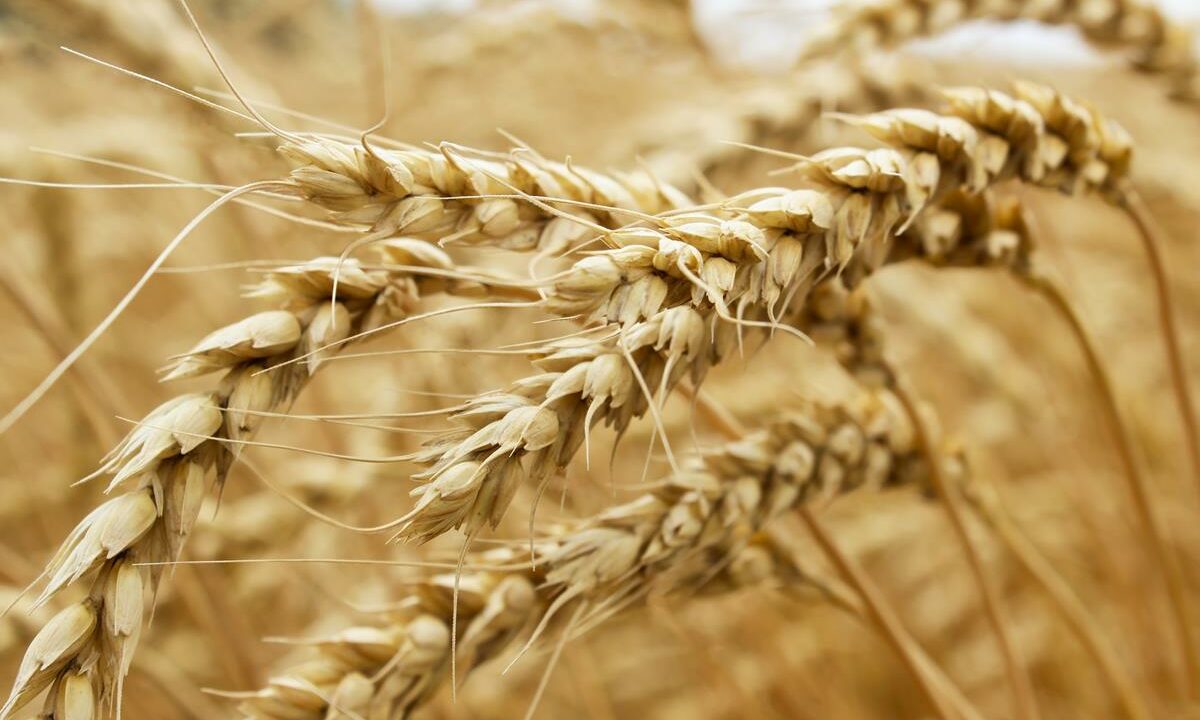The need to explore natural plant-defence mechanisms and traits, which could be bred back into cultivated wheat to protect against insects, is of the “utmost importance”.
That is according to researcher Prof. Vered Tzin, who is investigating ways to make cultivated wheat more resilient to insects, instead of using harmful pesticides.
As rising temperatures serve to exacerbate the impact of insect herbivores on this staple crop – that provides 20% of the world population’s caloric and human protein intake – she is studying the natural defence mechanisms of wild wheat.
What’s up with wheat?
An update from the Ben-Gurion University this week, where this research was undertaken, highlighted the risks to the cultivated crop and how the wild variety can help to enhance its resilience.
Wheat is essential for human and livestock diets, but these plants are continuously preyed upon by insect herbivores that often cause severe damage and result in significant losses in yield.
Furthermore, the gradual increase in global temperatures has promoted the expansion of pest populations to new regions, as well as their reproduction rate.
“It is of the utmost importance to rigorously explore natural plant defense mechanisms and traits, which we could breed back into cultivated wheat to protect them against insects, instead of using harmful pesticides, which do not even work that well,” said Prof. Vered Tzin.
Wild wheat – powerful against pesky pests
One of the most serious threats to wheat is aphids – tiny insects which suck out the nutrients and also introduce deadly plant viruses. There are about 5,000 different species of aphids all over the world.
Wild wheat has at least two defence methods against insect pests, Prof. Tzin has discovered.
She studies the wild emmer wheat which has long been found in the Fertile Crescent and is a ‘progenitor’ of both durums (pasta) and bread wheat.
What is a progenitor?
A person or thing from which a person, animal, or plant is descended.
First, wild wheat has a coating of ‘hairs’ that prevent insects from finding a place to burrow into the stalk. This could potentially be bred back into the cultivated variety to protect it.
Second, the wild version produces a poison – a phytochemical called benzoxazinoid – that discourages bugs from eating it.
PhD student Zhaniya Batyrshina, who is involved in this research project, is the first to have isolated the gene that controls the production of this poison.
“Now that we know which gene controls its production, we can generate improved cultivated wheat with the same self-defence capabilities,” explained Prof. Tzin.
“It is an essential staple for so many and we must do all we can to safeguard this critical crop from loss by insects and disease,” said Prof. Tzin.
She and her colleagues’ findings were published recently in the peer-reviewed Journal of Experimental Botany and Frontiers in Plant Science.
